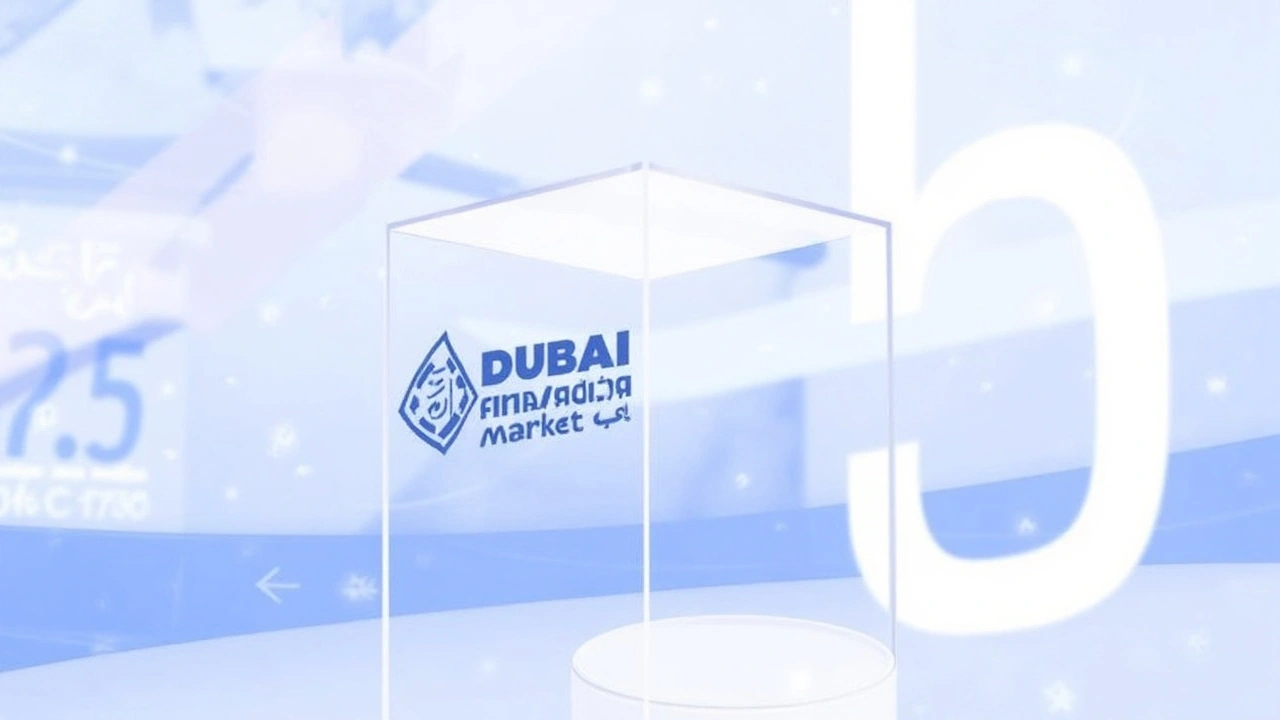UAE Finance Basics for a Smooth Dubai Trip
Planning a trip to Dubai? Knowing how the money works can save you hassle and extra cash. The UAE uses the Dirham (AED) – one Dirham is about 0.27 US dollars, but rates change, so check a reliable converter before you land.
Credit cards are accepted everywhere, from luxury hotels to street cafés. Visa and Mastercard are the safest bet, while American Express works at big venues but not small shops. If you prefer cash, ATMs give you the best rates, and most banks charge a small fee for foreign cards.
Everyday Money Tips
Carry a mix of cash and cards. A small amount of cash (around 200 AED) helps you with taxis, market stalls or places that only take cash. For bigger purchases, use a card to avoid conversion fees.
When you exchange money, avoid airport kiosks if you can – their rates are usually higher. Look for exchange offices in the city or use your bank’s online service. Some hotels also offer free currency exchange for guests, but the rate might be a bit lower.
Shopping in Dubai often includes a 5% tourism fee that appears on your receipt. It’s not a hidden tax, but it adds up, so keep it in mind when budgeting for souvenirs.
For food and drinks, a typical meal at a mid‑range restaurant costs about 80‑150 AED per person. Street food and local cafés can be as cheap as 15‑30 AED. If you plan to enjoy alcohol, expect higher prices – a beer in a hotel bar can be 30‑50 AED, and a bottle of wine starts around 150 AED.
Transportation is cheap compared to many Western cities. The Metro costs between 3 and 8 AED per ride, while taxis start at 12 AED and add about 2 AED per kilometer. If you rent a car, factor in fuel (about 2.5 AED per liter) and parking fees, especially in busy areas.
Big Expenses to Plan For
Rent is a major cost if you’re staying longer than a few weeks. A one‑bedroom apartment in the city center can run 5,000‑8,000 AED per month, while outside the core it drops to 3,000‑5,000 AED. Many landlords ask for a post‑dated cheque or a few months’ deposit, so have extra cash ready.
Customs rules matter if you bring gifts or certain items. You can bring up to 100 cigarettes, 25 cigars, or 250 g of tobacco without paying duty. Anything above that incurs a 5% tax plus a flat fee. Alcohol is allowed in limited quantities – 1 liter of wine or 2 liters of spirits – but you’ll pay a duty if you exceed the limit.
Banking in the UAE is straightforward, but opening an account as a tourist can be tricky. Most banks require a residence visa, but you can use an international bank’s online services to transfer money without high fees.
If you plan to shop at luxury malls, remember that sales tax (VAT) is 5% on most goods. The tax is added at checkout, so the price you see isn’t the final amount.
Lastly, keep an eye on your daily budget. A comfortable middle‑class traveler spends about 300‑500 AED per day on food, transport and entertainment. Adjust this number if you plan high‑end experiences or long stays.
With these finance basics, you can focus on the sights, the food and the excitement Dubai offers, instead of worrying about hidden costs.
-
 VIEW POST
VIEW POSTDubai Financial Market Reveals 2025 Eid al-Fitr Holiday Break
Mar, 26 2025|0 CommentsThe Dubai Financial Market has set its Eid al-Fitr 2025 holiday from March 30 to April 1, possibly extended to April 2, halting securities trading in alignment with UAE private sector closures. Dates await moon sighting confirmation.